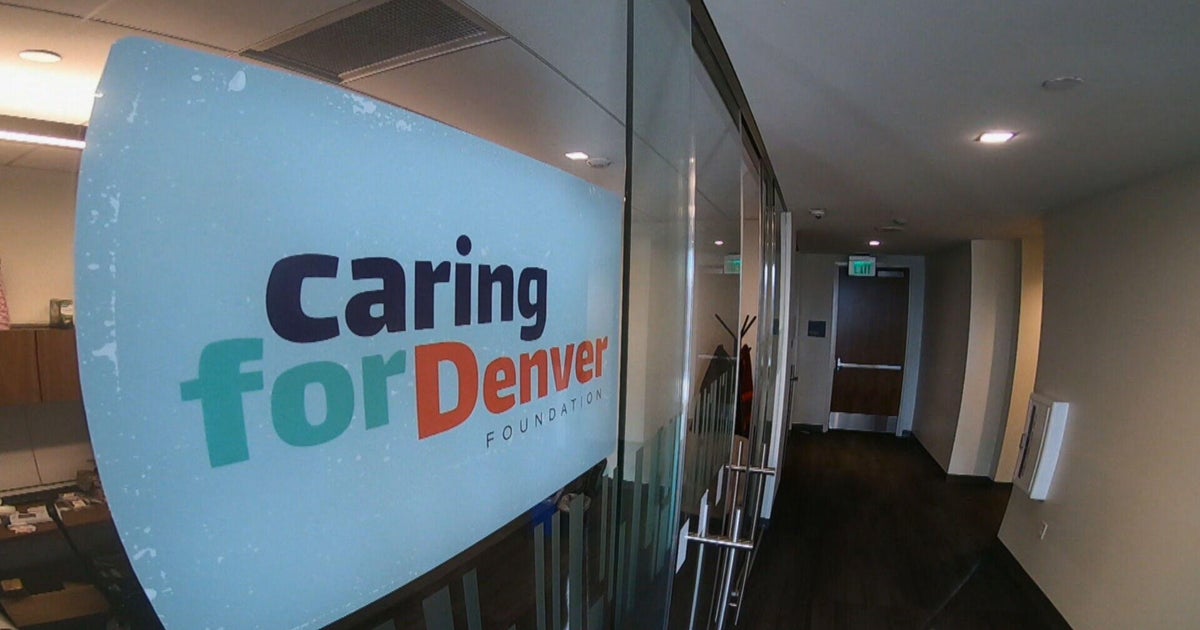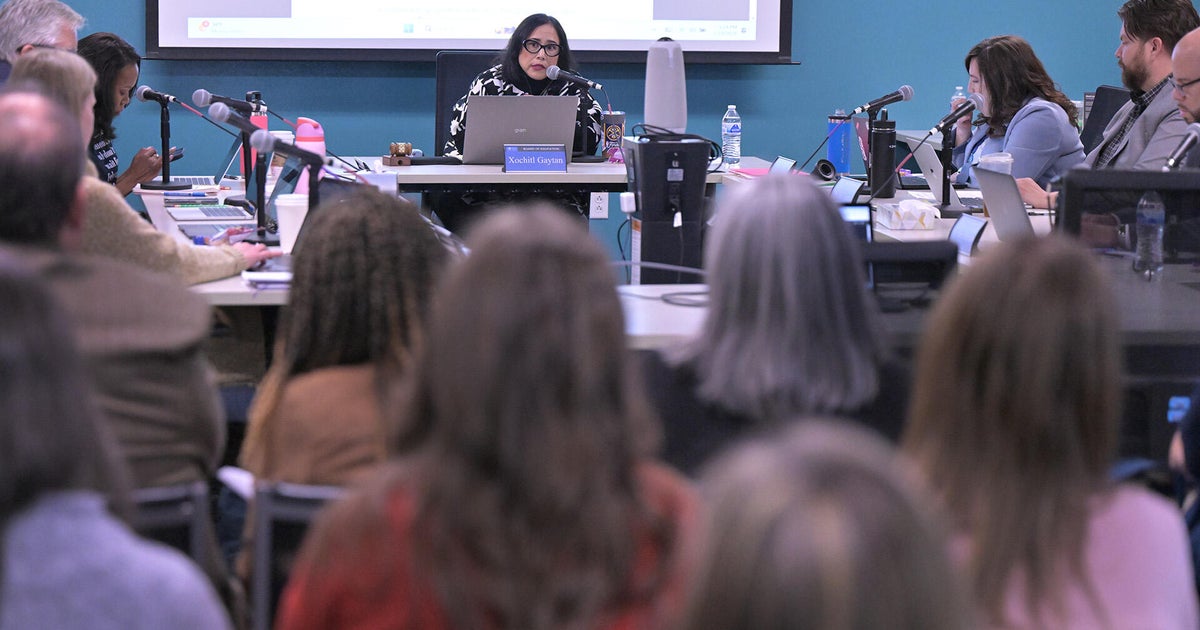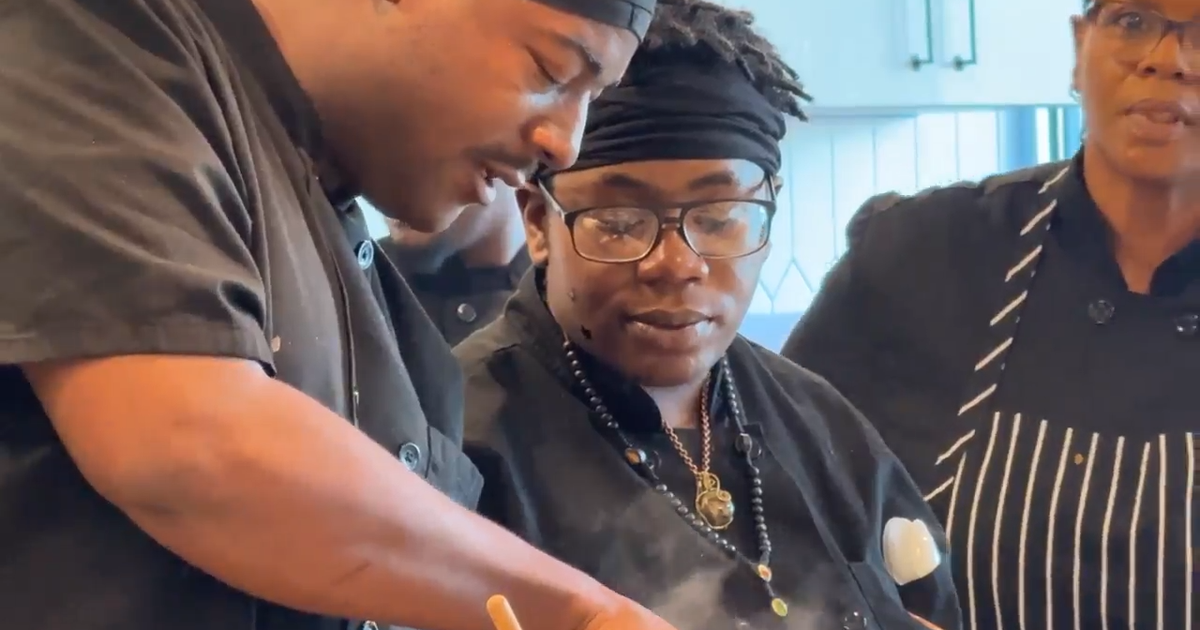House Clears Bill For Extended Foster Care
TALLAHASSEE (CBSMiami/NSF) - A bill that would grant young adults living in foster care the ability to stay longer is headed to Gov. Rick Scott for approval.
In an effort to reduce the risk of young adults ending up homeless, jobless or in jail, The Florida House passed a bill Wednesday giving young adults in state custody the option of remaining until age 21.
The measure (SB 1036) passed the House 116-1 after the Senate unanimously passed it last week. The Senate named the bill the "Nancy C. Detert Common Sense and Compassion Independent Living Act," after its Senate sponsor.
More than a decade ago, Detert authored the bill creating the Independent Living program for foster kids which provides them with case management and a stipend. Detert, a Republican from Venice, said this year that the program needed an update because the 3,000 kids in state foster care still face frequent delays in getting an education, as well as other challenges, when they "age out" of the system at 18.
Just 30 percent of youth aging out of foster care will have graduated high school by 18, said Christina Spudeas, executive director of the non-profit advocacy group Florida's Children First.
Sixty percent will have a child within four years, according to the Children's Home Society, while 33 percent will be homeless within three years and 25 percent of the males will end up behind bars.
"With this legislation, which is truly the voice of our young people, our youth will have the same opportunity as our own children to be successful adults," Department of Children and Families Secretary David Wilkins said in a statement.
On the House floor, Rep. Kevin Rader, D-Delray Beach, read the names of 35 foster kids and former foster kids who had told their stories to lawmakers at committee meetings. Most said they were not ready to be on their own at 18.
The bill would permit them to stay in a foster or group home until they graduate high school or earn a GED. They would be required to attend nine hours of post-secondary or vocational education and work part-time in order to stay eligible. Another change: instead of being given their stipends directly, there would be a payment system to cover rent, utilities and other fixed expenses.
Whether young adults choose to stay in foster care or leave it, they can always change their minds, Detert said, and it can be done at no additional cost.
"Now when you turn 18, you are not thrown out into the world to fend for yourself," said Brandon Burke of Davie, one of those who spoke to a committee. "We are now given the option to stay in our foster or group homes and allowed to grow as people and become more mature before dealing with the real world."
Many foster care youth who belong to the advocacy group Florida Youth SHINE followed the House floor action online.
"Statistics should look better when it comes to criminal convictions and education," wrote one member of the advocacy group, Nicole Fernandez, on the group's Facebook page when the bill passed.
Given that Wilkins and Gov. Rick Scott held a massive bill-signing event for a Detert foster care bill (SB 164) that passed earlier this session, the governor is expected to approve the new measure.
That bill (SB 164) was crafted in response to the caution of state officials in preventing kids in foster care from attending social and sports activities, essentially preventing them from living a normal life. The new law establishes a "reasonable and prudent parent" standard for caregivers in deciding whether to allow a child in foster care to participate in extracurricular activities and protects them from liability.
Spudeas said the 2013 session was a good one for foster kids, one in which their stories were heard.
"What it tells them is that they have become a priority in this state," she said. "'We care about you' – that's the message that has been given to them today."
The News Service of Florida contributed to this report.







